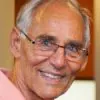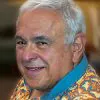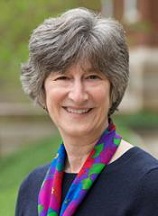[arve url="https://youtu.be/-MogsNqMtpc?si=H-xdyl6aTXtDCFrO" title="ODR Forum Montreal 2023 - Panel 6: ODR, AI and Standards" description="ODR Forum Montreal 2023 - Panel 6: ODR, AI and Standards" /]
ODR Forum Montreal 2023 – ODR, AI and Standards
























